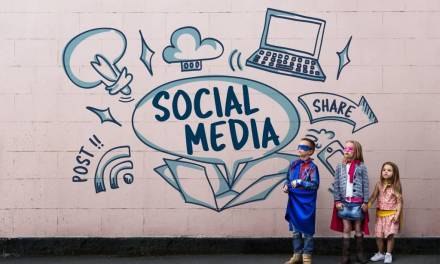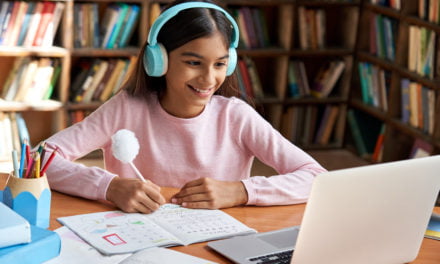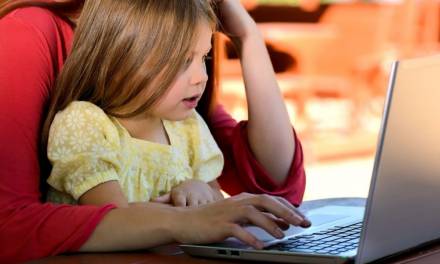In 2011 Mark Zuckerberg stated that, at some point, the minimum 13 year age rule would be lowered.
55% of parents of 12-year-olds said their child was on Facebook and 76% said they helped them gain access.
Whilst, at the time, he came under fire from child safety experts for his statement, the stat above goes to show that there is a demand for this course of action.
Perhaps surprisingly, a relaxed stance to social media is not so uncommon amongst parents – and this may be no truer than when applied to the content and photos that parents themselves share about their children on social media.
Are there unwanted effects when we document our children’s lives on social media?
62% of parents of teens aged 13-14 are “friends” with their child on Facebook.
The research that exists on social media identifies a number of potential negative effects on our lives when it comes to social media.
Obviously there are benefits to social media use – keeping in touch with friends and family, social support, entertainment, access to peer groups, etc. – but we cannot ignore the potential dangers.
Studies report concerning findings such as the fact that Facebook photos negatively impact real-life relationships, social media can amplify low self-esteem, narcissism and anxiety, and that it can create disinhibition that we normally wouldn’t experience in real life.
What’s more, increasing numbers of studies are highlighting the impact that social media use has on our children in a wider sense, such as the prevalence of accidents that happen while parents are distracted, as well as the way in which social media is creating a barrier for ‘real’ relationships.
8% of teenagers have been involved in a physical fight because of something on social media.
The dark side of social media
29% of Internet sex crime relationships were initiated on a social networking site… while 26% of online sex crimes against minors, offenders disseminated information and/or pictures of the victim through the victim’s personal social networking site.
While the psychological impact of social media on our children remains debated and discussed, when it comes to their safety, unmonitored access to social media can put children in danger.
After all, where else could online predators gain information such as a child’s name, age, address and daily schedule? And beyond this, authorities continually state that pictures of children, no matter how innocuous and every day, could well end up in the galleries of paedophiles.
When our prohibited online content team that deals with child sexual abuse material goes searching for a URL they are given, they know that some of those images have been taken directly from social media sites.
All of which serves to underline that, at minimum, super stringent security settings are a must for the average parent – while the safest option is to refrain from posting photos of your children altogether.
Looking to the future
The true impact of documenting children’s lives on social media, sometimes literally from the cradle, is yet to be seen.
After all, the generations before them were around when social media was introduced – their childhoods documented instead by the wholly more private traditional forms of diaries, photos and video.
We can’t truly say just how much more ingrained social media will become within their lives, or how social platforms may change from their current form to their future selves.
Yet one thing’s for certain: social media doesn’t look set to go anywhere soon and parents must pay due diligence to the potential risks that they run when documenting their children’s every move and milestone online.









